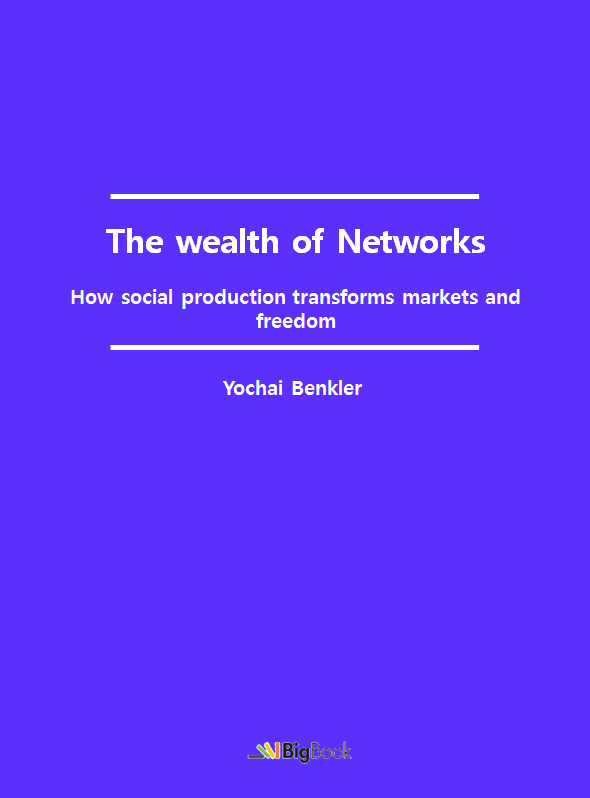

Using a combination of network clustering algorithms and manually-annotated data we demonstrate that the network of political retweets exhibits a highly segregated partisan structure, with extremely limited connectivity between left- and right-leaning users. We examine two networks of political communication on Twitter, comprised of more than 250,000 tweets from the six weeks leading up to the 2010 U.S. In 2011, his research led him to receive the $100,000 Ford Foundation Social Change Visionaries Award.Abstract: In this study we investigate how social media shape the networked public sphere and facilitate communication between communities with different political orientations. Benkler is on the advisory board of the Sunlight Foundation. In 2007, Benkler joined Harvard Law School, where he teaches and is a faculty co-director of the Berkman Center for Internet & Society. He was a professor at New York University School of Law from 1996 to 2003, and visited at Yale Law School and Harvard Law School (during 2002–2003), before joining the Yale Law School faculty in 2003. Supreme Court justice without having prior judicial clerkship experience. Benkler is the last person to clerk for a U.S. He worked at the law firm Ropes & Gray from 1994–1995. from Tel-Aviv University in 1991 and J.D. He is also a faculty co-director of the Berkman Center for Internet & Society at Harvard University.įrom 1984 to 1987, Benkler was a member and treasurer of the Kibbutz Shizafon. He was a professor at New York University School of Law from 1996 to 2003, and vi Yochai Benkler (born 1964) is an Israeli-American author and the Berkman Professor of Entrepreneurial Legal Studies at Harvard Law School. From 1984 to 1987, Benkler was a member and treasurer of the Kibbutz Shizafon.


He is also a faculty co-director of the Berkman Center for Internet & Society at Harvard University. Yochai Benkler (born 1964) is an Israeli-American author and the Berkman Professor of Entrepreneurial Legal Studies at Harvard Law School.


 0 kommentar(er)
0 kommentar(er)
